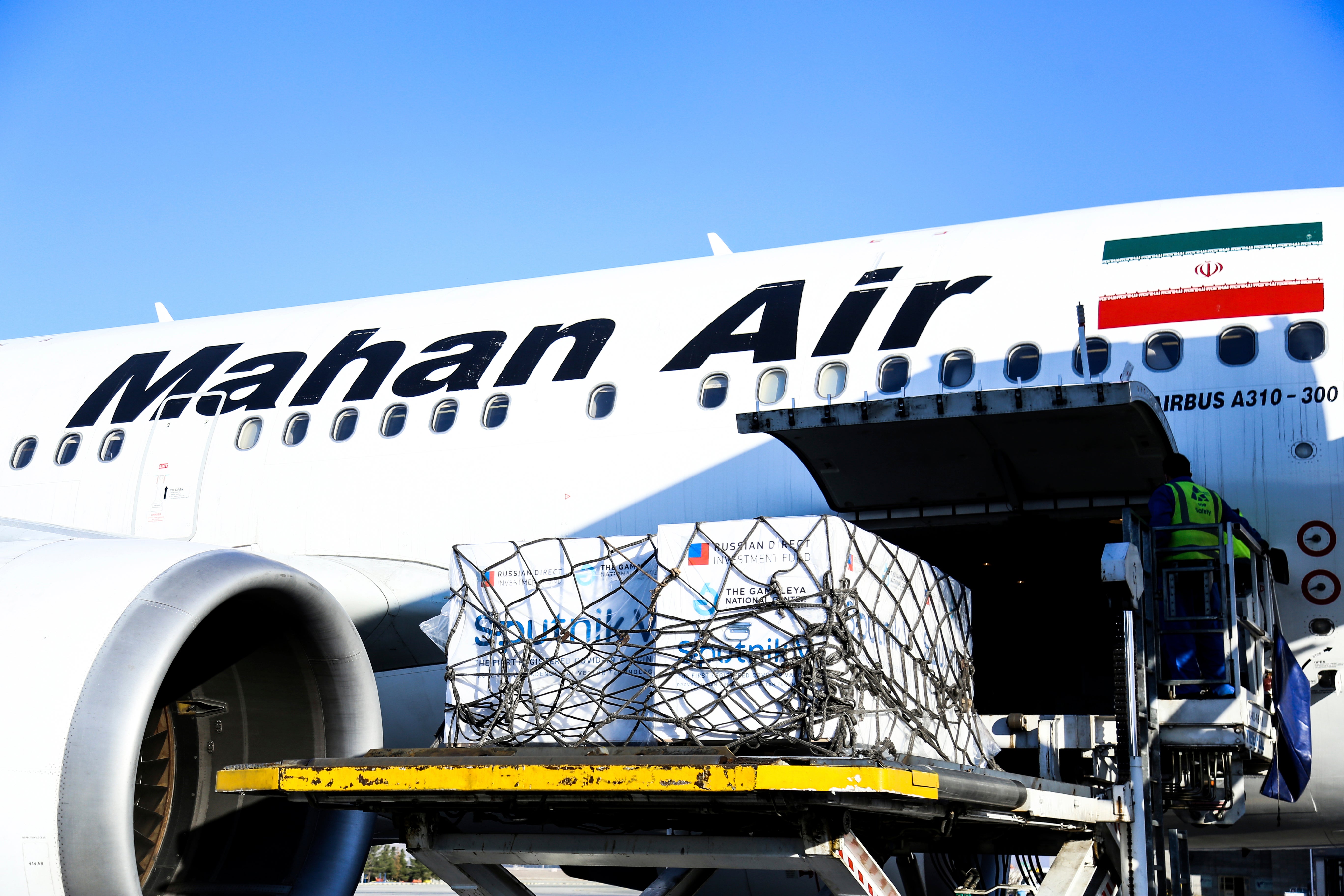Iran receives its first batch of foreign coronavirus vaccine
Iran has received its first batch of foreign-made coronavirus vaccines as the country struggles to stem the worst outbreak of the pandemic in the Middle East

Your support helps us to tell the story
From reproductive rights to climate change to Big Tech, The Independent is on the ground when the story is developing. Whether it's investigating the financials of Elon Musk's pro-Trump PAC or producing our latest documentary, 'The A Word', which shines a light on the American women fighting for reproductive rights, we know how important it is to parse out the facts from the messaging.
At such a critical moment in US history, we need reporters on the ground. Your donation allows us to keep sending journalists to speak to both sides of the story.
The Independent is trusted by Americans across the entire political spectrum. And unlike many other quality news outlets, we choose not to lock Americans out of our reporting and analysis with paywalls. We believe quality journalism should be available to everyone, paid for by those who can afford it.
Your support makes all the difference.Iran on Thursday received its first batch of foreign-made coronavirus vaccines as the country struggles to stem the worst outbreak of the pandemic in the Middle East
The shipment consists of 500,000 doses of Russian-made Sputnik V vaccines which arrived at Tehran’s Imam Khomeieni International Airport from Moscow, the semi-official Fars news agency reported.
Also Iranian state TV quoted Tehran’s ambassador to Russia, Kazem Jalali, as saying that Iran has ordered 5 million doses from Russia. The next batches are to arrive on Feb. 18 and Feb. 28, said Jalali.
Last month, Iran's Supreme Leader Ayatollah Ali Khamenei banned Iran from importing the American Pfizer-BioNTech and Britain’s Astrazeneca vaccines, a reflection of mistrust toward the West.
The coronavirus has so far infected over 1.4 million people in Iran and killed more than 58,000.
In December, Iran began testing an Iranian-made vaccine in humans and said it expects to distribute it in spring, an extremely aggressive timeline. Before this year’s fast-tracked development of coronavirus vaccines, the usual methods of testing a vaccine for safety and efficacy with mass trials could take up to a decade.
The country has also began working on a joint vaccine with Cuba. It is also planning to import some 17 million doses of vaccine from COVAX and millions from other countries. But Iran is struggling to transfer some $220 million held in South Korean banks to pay for the COVID-19 vaccines through COVAX, an international program designed to distribute coronavirus vaccines to participating countries.
The government in Tehran has touted Iran’s domestic vaccine research, repeatedly alleging that tough American sanctions undermine its efforts to purchase foreign-made vaccines and launch mass inoculation campaigns like those underway in the U.S. and Europe. While U.S. sanctions do have specific carve-outs for medicine and humanitarian aid to Iran, international banks and financial institutions hesitate in dealing with Iranian transactions for fear of being fined or locked out of the American market.